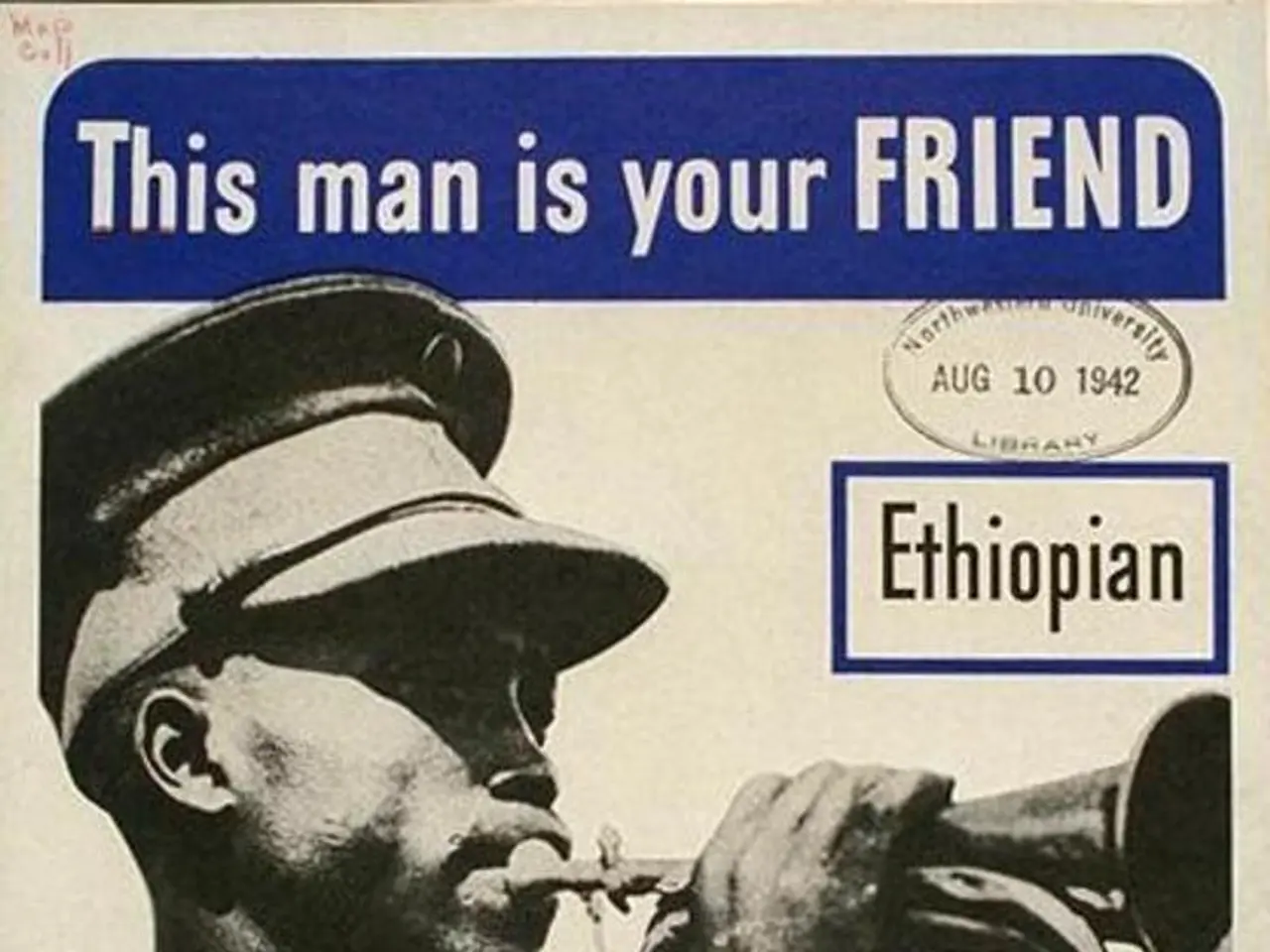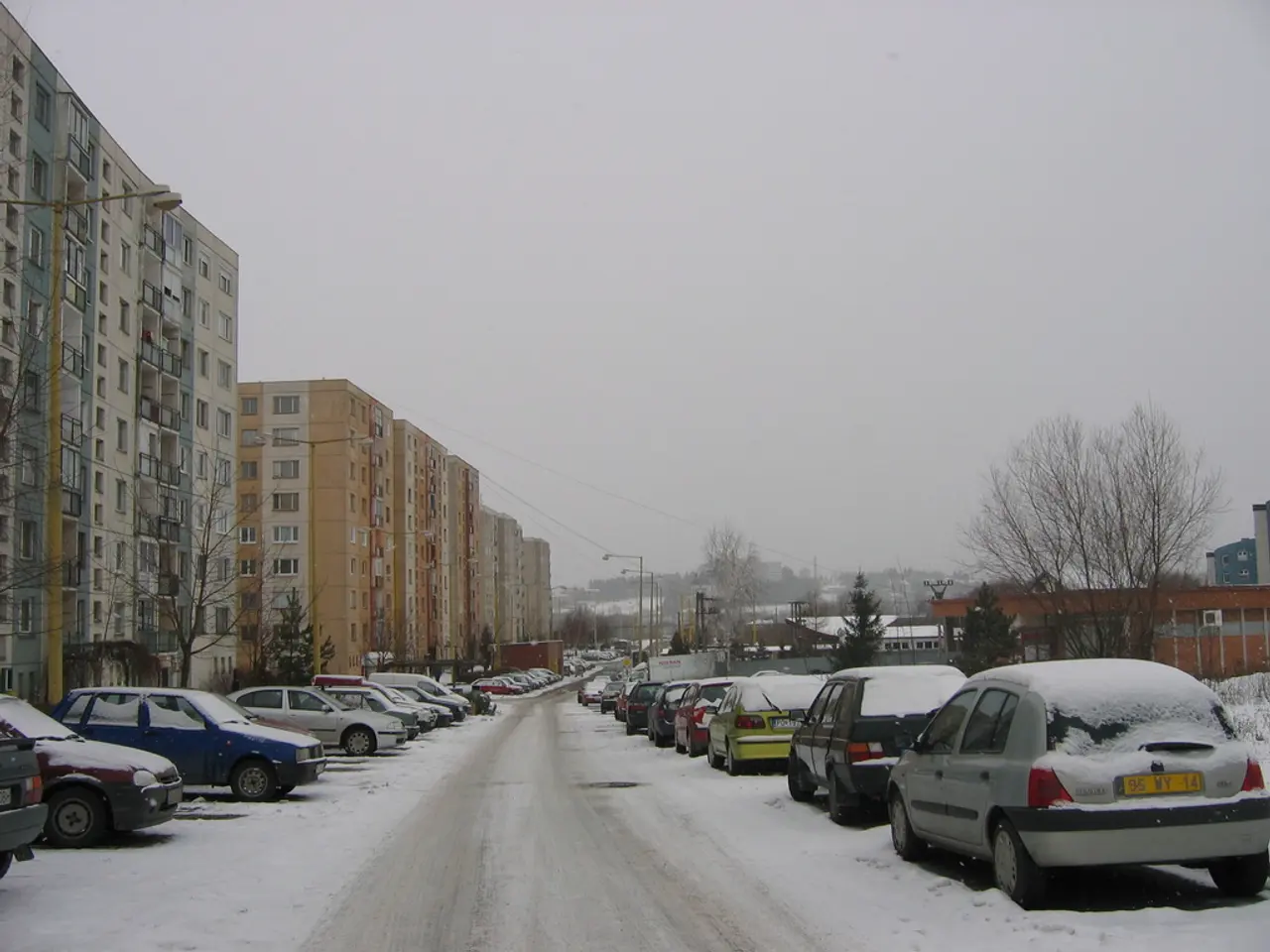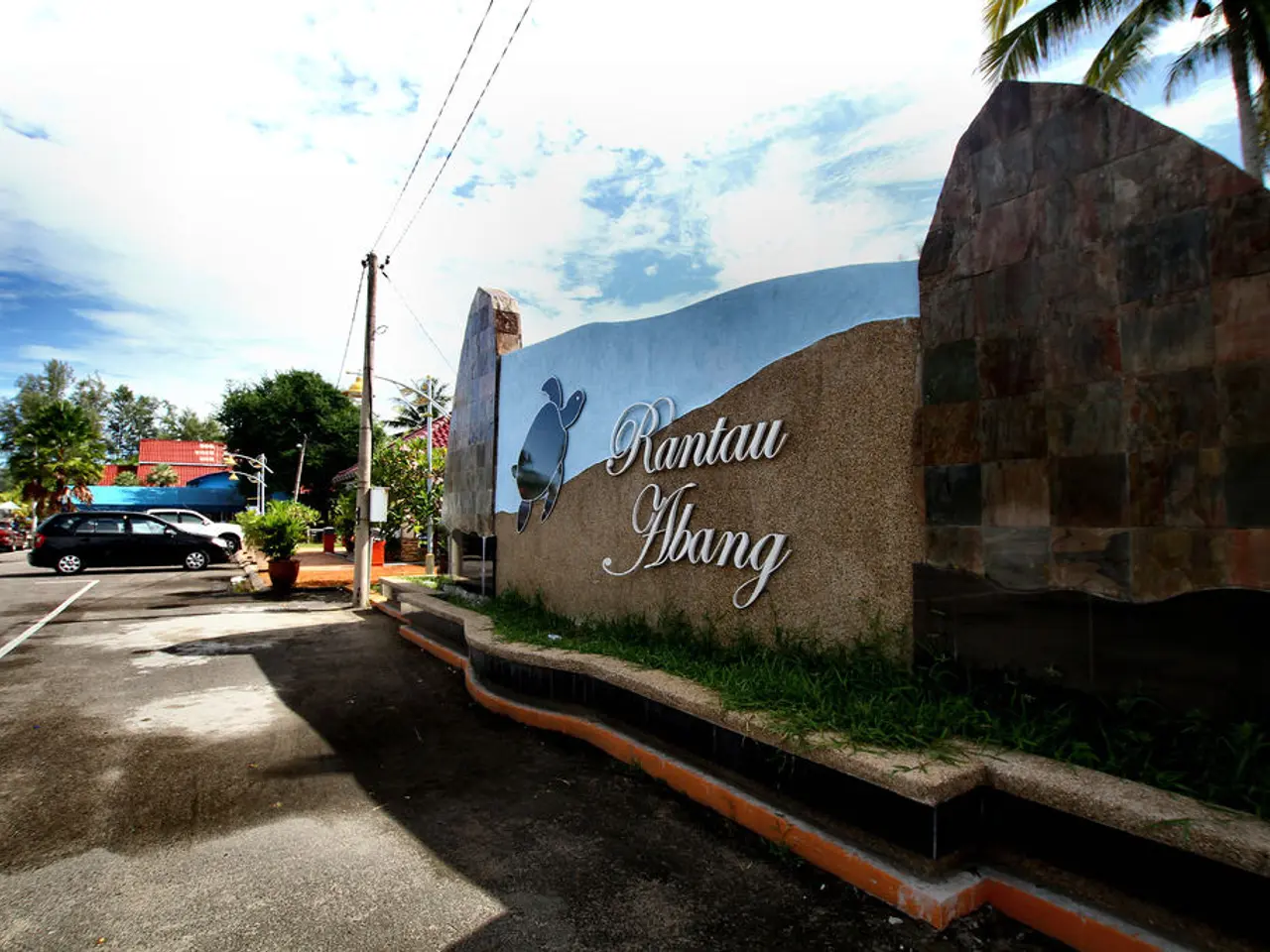Forceful actions by the U.S. to forcibly relocate migrants to Africa.
The Trump administration's ambitious plan to deport 1 million migrants annually has raised significant concerns regarding human rights and diplomatic implications, particularly for African countries.
Human Rights Concerns
The scale and approach of the policy pose potential threats to the rights and welfare of millions of migrants. Deporting 1 million people per year is a drastic increase from the typical 300,000 annual deportations, potentially leading to violations of due process and protections against arbitrary or forced removals.
The policy also appears selective in refugee and migrant treatment. For instance, the administration expedited resettlement for white South African refugees claiming racial persecution, while broadly restricting refugee admissions. This raises issues of racial bias and unequal protection under asylum laws.
Programs encouraging "self-deportation" by offering monetary incentives and fine forgiveness may coerce vulnerable migrants into leaving without access to fair legal procedures, potentially violating their rights.
Diplomatic Implications
African nations face increased deportations amid controversial justifications such as claims of inadequate vetting, recalcitrance in accepting deportees, and visa overstays. These claims are often contested as unfair and politically motivated by African governments.
The selective refugee policy favoring white South African asylum seekers has sparked diplomatic unease, implying discriminatory treatment of refugees based on race, complicating U.S.-Africa relations.
Travel bans and deportation targets on multiple African countries strain diplomatic ties, provoke criticism over immigration fairness, and may hamper cooperation on broader security and economic issues.
Increased deportations and travel restrictions may also disrupt economic contributions made by African immigrants and their communities in the U.S., affecting remittances and bilateral economic relations.
Controversial Practices
Reports suggest that countries like Rwanda, South Sudan, and Eswatini have agreed to take in U.S.-expelled migrants. Critics argue that the practice of deporting migrants to African nations like South Sudan and Eswatini is akin to human trafficking.
The U.S. Supreme Court has ruled that deportations to third countries are permissible if the State Department believes the deported migrants will be safe in the receiving countries. However, this decision is legally controversial, as international law prohibits transferring asylum-seekers and migrants to countries where they may face torture or other abuses.
American diplomats have contacted 58 countries, including 31 in Africa, to inquire about accepting migrants deported from the U.S. In some cases, the U.S. has threatened African states with visa restrictions if they do not agree to accept non-citizen migrants.
The men deported to Eswatini were from Vietnam, Jamaica, Laos, Yemen, and Cuba, and had been convicted of crimes including murder, robbery, and child abuse.
The U.S. has offered financial incentives to countries agreeing to accept deported migrants, with reports suggesting that Rwanda received $100,000 for accepting an Iraqi citizen.
Overall, the aggressive deportation strategy under the Trump administration is widely viewed as violating human rights standards by prioritizing mass removals over due process and humanitarian protections, while also creating diplomatic friction with African governments due to perceived racial bias, unfair targeting, and erosion of migration cooperation.
[1] Human Rights Watch. (2018). Trump Administration's Immigration Policies Threaten Rights and Lives. https://www.hrw.org/news/2018/09/18/trump-administrations-immigration-policies-threaten-rights-and-lives
[2] American Civil Liberties Union. (2018). Trump's "Self-Deportation" Plan Would Coerce Vulnerable Migrants. https://www.aclu.org/news/trumps-self-deportation-plan-would-coerce-vulnerable-migrants
[3] Amnesty International. (2018). Trump's Deportation Policies Harm Africa. https://www.amnesty.org/en/latest/news/2018/06/trump-deportation-policies-harm-africa/
[4] Migration Policy Institute. (2018). White South African Refugees: A Case Study in Selective Refugee Policies. https://www.migrationpolicy.org/news/white-south-african-refugees-case-study-selective-refugee-policies
What's the impact of the Trump administration's aggressive deportation strategy on politics and general news?The administration's policy is widely criticized for potential human rights violations and diplomatic friction with African governments, due to perceived racial bias, selective treatment of refugees, and erosion of migration cooperation.






